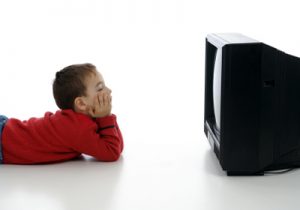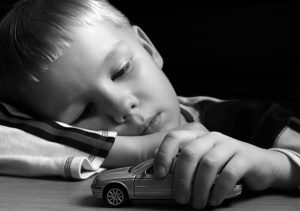What to Do When Your Child is Stressed

My 2-year-old nephew sat calmly amid the frantic atmosphere of the playground. Bigger kids clamored noisily around him: chasing, digging, screeching in delight and crying over newly scraped knees. My nephew appeared to be in some sort of trance. Slowly and meticulously, he lifted scoops of warm sand and poured them gently on his head. After repeating this careful procedure a few times, he laid his cheek against the sand and rested for a few moments before sitting up and beginning the ritual once more from the top. I stared at him a bit perplexed by the ever so slow and peaceful nature of his actions and thought what all of us think at one point or another when observing a child, “If only my life could be that simple and worry-free.”
However, I’ve since learned a lesson that I, like so many parents (or aunts in this case), have long failed to recognize: A child’s life is not carefree, not when they are 2 nor when they are 12. Yes, they may not have to pay bills or worry about bosses or break-ups, but a child has many concerns in life of which all parents would benefit from being aware.
Take size for example. It may sound silly, but children are much smaller than adults, and for that reason, an event we may deem insignificant can feel traumatizing to a child. For example, imagine all the times we’ve sat playing patiently with our child until all of a sudden we realize what time it is, and that we have to leave to make an appointment. To the child, in that inexplicable instant, our gentle expression has become harsh and stressed. We’ve started rushing the child and acting short with them for taking a long time or fussing over leaving. Our own stress can feel scary to a child. If they cry or get upset, the person they’d usually go to for safety (their parent) is no longer very safe. In fact, we are causing their distress.
In a culture of multitasking, ADD and stress,it’s no wonder our kids are experiencing similar pressure and fears. Kids have a lot on their plate: hunger, toilet training, nightmares, first days of school, friendships, bullies, tests, growing up, separating from their parents and learning about death. Unlike for an adult, it can be much harder for children to express themselves or get through these issues on their own. So how can you be attuned to your child’s fears and teach them to deal with their stress?
Read “How to Help Your Stressed-Out Child” and learn the signs of and solutions to your child’s stress.
Tags: parenting tips, stress and parenting









Leave a Reply